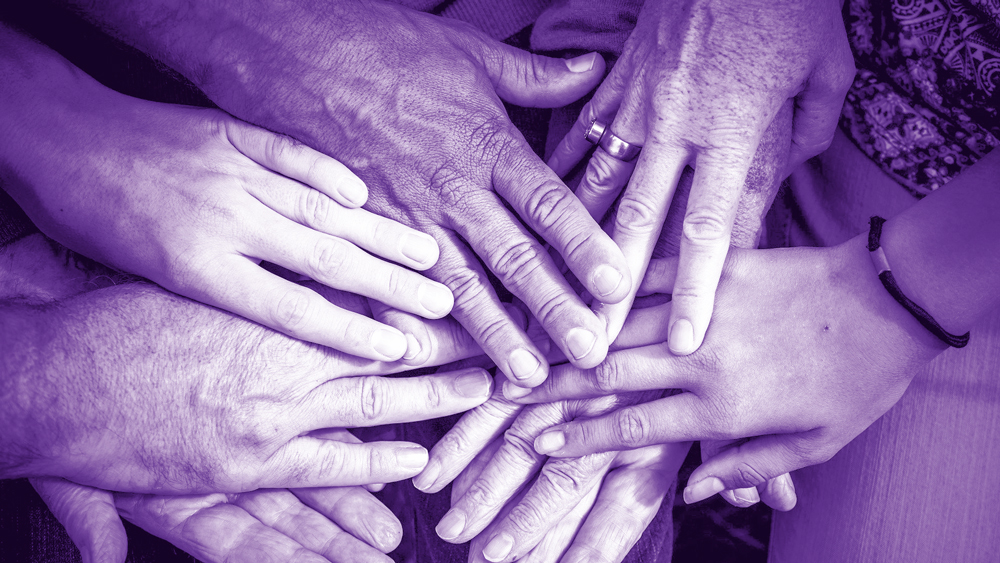Addiction and the Family: A Terrible Ordeal
Drug and alcohol addiction is a terrible ordeal for a family. Although other diseases such as cancer powerfully impact families, addiction is perhaps the most devastating.
It is always serious when a family member becomes ill. All are concerned for the individual. Most often, the afflicted person wants to get well and goes through a course of treatment recommended by medical professionals with the love and support of their family and friends. However, this is rarely the case with an individual in active addiction, at least initially.

The disease grows worse
A family member suffering from addiction acts quite differently than a person suffering from other diseases. The primary difference is that addicts do not believe they are sick. Hence, they do not seek help. The disease grows progressively worse. The behaviors increase. The family becomes more and more discouraged and devastated that their suffering loved one refuses to get help.
Key point – it is the behavior of the person in active addiction that is primarily responsible for the devastation of a family. While it is hard enough for the family to watch a sick loved one destroy themselves, but it is the behavior of the suffering addict that does the most harm.
Stealing is common
Those in active addiction will do virtually anything to keep using. Stealing from family members is common – money, wedding rings, tools, cars and more. In fact, we have seen families driven to financial ruin due to the untreated addiction of one single family member.
What is worse is the verbal, emotional, psychological, and sometimes physical abuse the suffering addict inflicts on the family. Name calling, swearing, yelling and blaming are common. Sometimes physical abuse may result in hospitalization. Needless to say, any illegal activity usually comes with legal consequences and these often can be extremely severe, including incarceration. All of this further devastates the family.
Enabling doesn’t help
What other disease behaves in this manner? Few if any. It is understandable that family members become disgusted and extremely vengeful at some point as they weather the storm of a single family member in active addiction. What can also be frustrating for family members to hear is that lashing out at the suffering loved one will actually make it worse. Addiction feeds on these types of reactions.
What can the family do? There is plenty they can do but enabling the addict is not one of them. It is important to do your best to be calm, loving, and kind while making it clear that the individual must get help or you can no longer support them or interact with them. This is a common approach in interventions, and works quite well provided that the family members are firm in their commitment not to cave in.
Stand firm
It is important to remember that the suffering loved one is not a bad person but a very sick person who needs help to get well. Family members should make it clear that if their loved one seeks help the family will support him or her, as they would with any disease.
But members also need to make it clear that if their afflicted loved one does not seek help, the family is through with them. This is easier said than done and requires a great deal of strength and prayer. However, if the family continues to enable the behavior of their suffering loved one, it will only make the disease worse.


